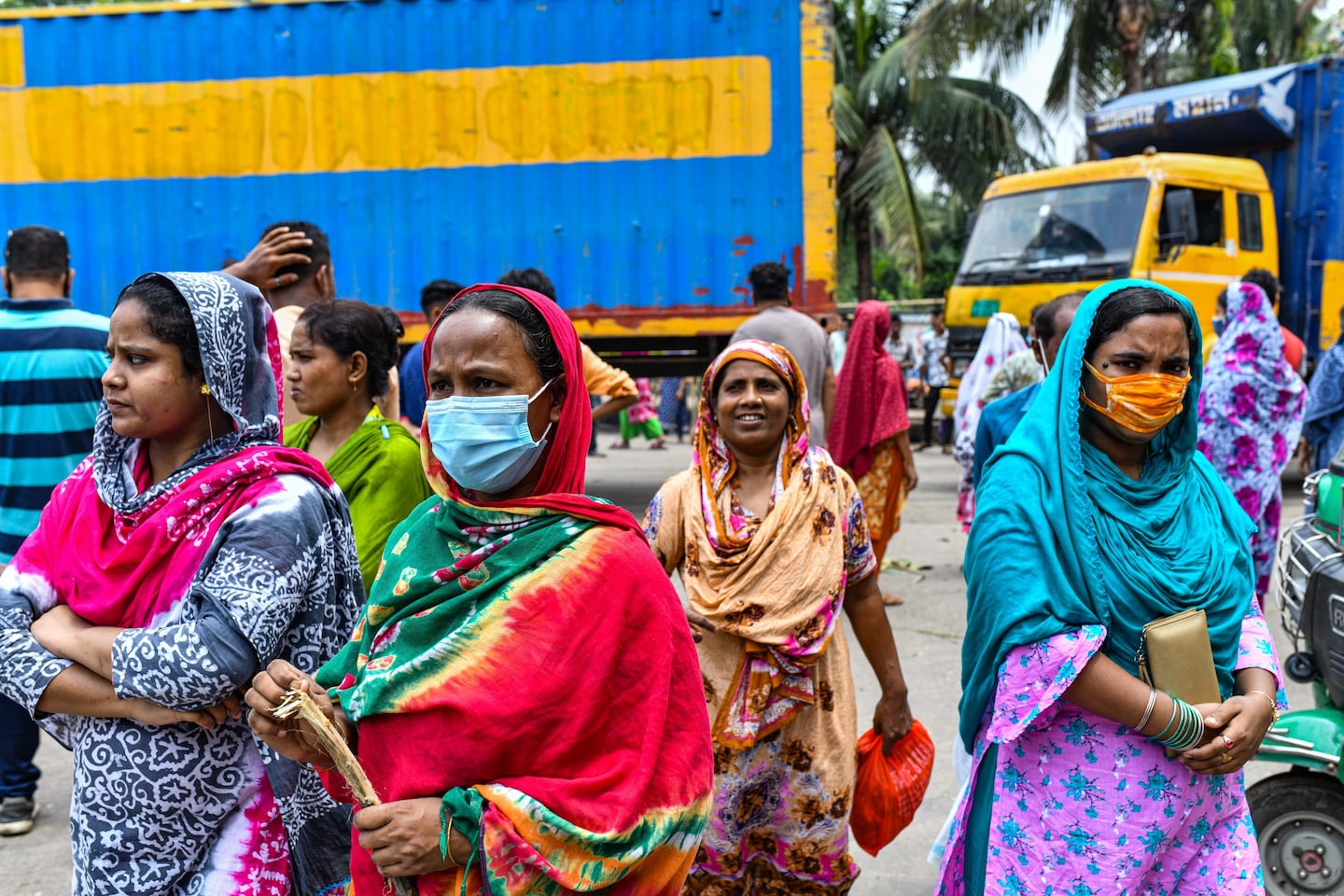
The Business of Fashion
Agenda-setting intelligence, analysis and advice for the global fashion community.

Agenda-setting intelligence, analysis and advice for the global fashion community.

The Asia Floor Wage Alliance (AFWA) is filing complaints against some of fashion’s biggest companies in major Asian manufacturing hubs in an effort to hold brands accountable for alleged wage violations in their supply chains.
The move comes amid growing scrutiny on the industry’s business practices as the pandemic has resulted in mounting hardship for many of the people who make its clothes. Labour groups have reported increases in incidents of union busting and wage theft, as well as growing debt among garment workers, tracing the issues back to brands that cancelled orders, delayed payments or demanded discounts during the pandemic.
Most brands don’t operate their own factories and typically rely on private audit systems and voluntary codes of conduct to ensure labour rights are upheld in their supply chains.
AFWA said it is bringing claims in India, Indonesia, Sri Lanka and Pakistan, arguing that global brands should be considered joint employers alongside their suppliers. It is exploring taking a similar course in Bangladesh and Cambodia.
The fashion industry continues to advance voluntary and unlikely solutions to its plastic problem. Only higher prices will flip the script, writes Kenneth P. Pucker.
The outerwear company is set to start selling wetsuits made in part by harvesting materials from old ones.
Companies like Hermès, Kering and LVMH say they have spent millions to ensure they are sourcing crocodile and snakeskin leathers responsibly. But critics say incidents like the recent smuggling conviction of designer Nancy Gonzalez show loopholes persist despite tightening controls.
Europe’s Parliament has signed off rules that will make brands more accountable for what happens in their supply chains, ban products made with forced labour and set new environmental standards for the design and disposal of products.